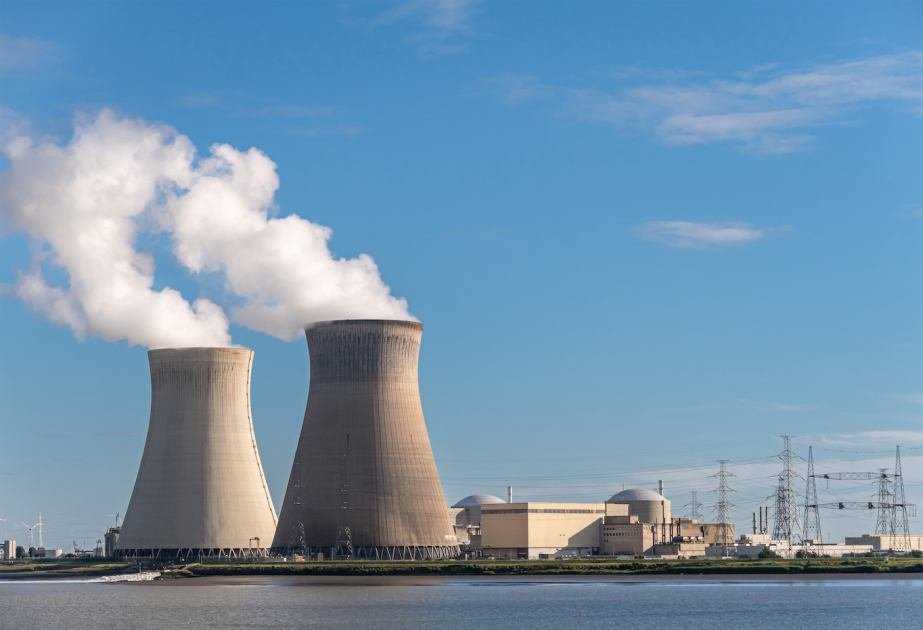Washington DC (TDI): In a move which seems to better the global energy access and to support sustainable development, the World Bank has officially lifted its 2013 ban on financing nuclear energy projects in developing countries.
The announcement was made by World Bank President Ajay Banga following a board meeting, as reported by Kazinform News Agency.
“While the issues are complex, we’ve made real progress toward a clear path forward on delivering electricity as a driver of development,” Banga stated.
The updated policy will enable the Bank to support various nuclear energy initiatives, including the extension of existing reactor lifespans, upgrades to national power grids, and the exploration of small modular reactor (SMR) technology. These steps come as developing countries face a projected doubling of electricity demand by 2035, requiring annual energy investments exceeding $280 billion.
Read More: From Pokhran to Chagai: The Nuclear Tests That Reshaped South Asia
The decision reflects growing international support for nuclear power as a reliable and low-emission energy source. The United States, the World Bank’s largest shareholder, had been a strong advocate for lifting the ban. While the board reached a consensus on nuclear energy, discussions over upstream natural gas financing remain unresolved.
To ensure safety and compliance, the World Bank will work closely with the International Atomic Energy Agency (IAEA) to implement rigorous safety standards, regulatory frameworks, and non-proliferation safeguards.
President Banga highlighted the Bank’s commitment to energy inclusivity, stating, “Our revised strategy gives countries the freedom to determine their own optimal energy mix — whether it be solar, wind, hydro, gas, or nuclear.”
Read More: Iran Sees Nuclear Deal With US ‘Within Reach’
Barbados Prime Minister Mia Mottley also weighed in on the broader energy landscape, noting, “Net zero does not mean fossil fuel free. It means, still, that there will be 20% energy coming from fossil fuels. We know natural gas is that clean fuel.”
As part of its climate action strategy, the World Bank reaffirmed its commitment to retiring coal plants and investing in industrial carbon capture technologies. However, it clarified that it would not support enhanced oil recovery projects.
This policy shift marks a significant step toward empowering developing nations with more diverse, stable, and sustainable energy options to meet future demands and climate goals.
Areeba Kanwal is a contributor at The Diplomatic Insight and has passion for International Relations and diplomacy.



